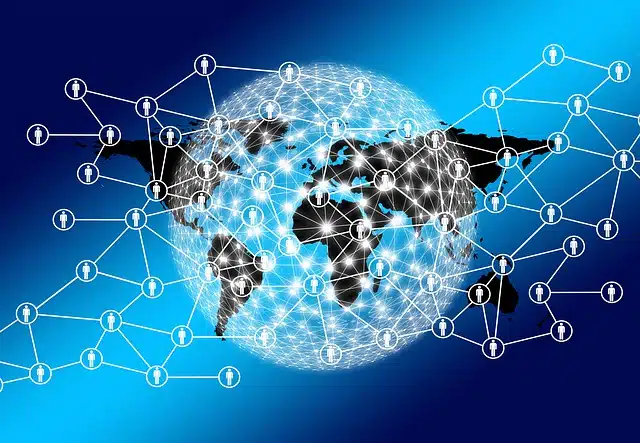
In interdependence, a reciprocal correspondence between the parts is recorded.
The idea of interdependence refers to a dependency where reciprocity is recorded between the parties. In this way, there is a subordination with correspondence from one element to another and vice versa .
The concept is used in different areas and contexts. It is usually used with reference to personal ties and relations between States , to mention two possibilities.
The interdependence of people
It is common to mention that interdependence is intrinsic to people. Absolute independence, associated with self-sufficiency and freedom without any conditioning to decide and act, is alien to the human condition. Likewise, depending on others to meet all your needs is neither positive nor healthy.
In this way, human beings , as social beings , are always interdependent. There is a combination between partial independence and partial dependence , where issues such as individual fulfillment, cooperation and solidarity come into play.

Human beings, as social beings, always maintain bonds of interdependence.
The balance
From psychology , then, mention is made of the importance of the balance between independence and dependence of people . Although autonomy is valuable, it cannot be ignored that in all cases there is a certain need for others, including emotional and affective ones.
It is in this framework that the idea of interdependence gains strength. The interactions that occur on a daily basis cause each individual to influence the experiences of others, while the experiences of others influence their own.
There are costs and benefits in every social exchange, which lead the subject to maintain a relationship or leave it aside. Interdependence appears as a middle position , with each subject contributing and at the same time receiving from these interactions .
It is suggested, therefore, to establish relationships based on the recognition of this interdependence. This means contributing to the other and simultaneously receiving from them what is required, without falling into extremes of independence or dependence.
Interdependence of countries
Interdependence also appears between countries . To a greater or lesser extent, each State depends on the other in different areas: raw materials, technologies, etc. This situation increased with the development of the globalization process.
The so-called division of labor , which implies the separation of activities in the economic system to promote specialization, makes each nation dependent on the other. For example: a country that specializes in obtaining raw materials needs the technological resources of another, which in turn demands the raw materials of the first.
This interdependence, of course, is usually not fair. The most powerful states have the material means and pressure mechanisms to take advantage of a link that is asymmetric.
Although interdependence is concrete, the conditions are set by the party that has the greatest power . That is why there is inequality and the costs and benefits are not distributed evenly. The poorest countries are forced to “provide” what the richest countries need without imposing their clauses, when exactly the opposite occurs.
